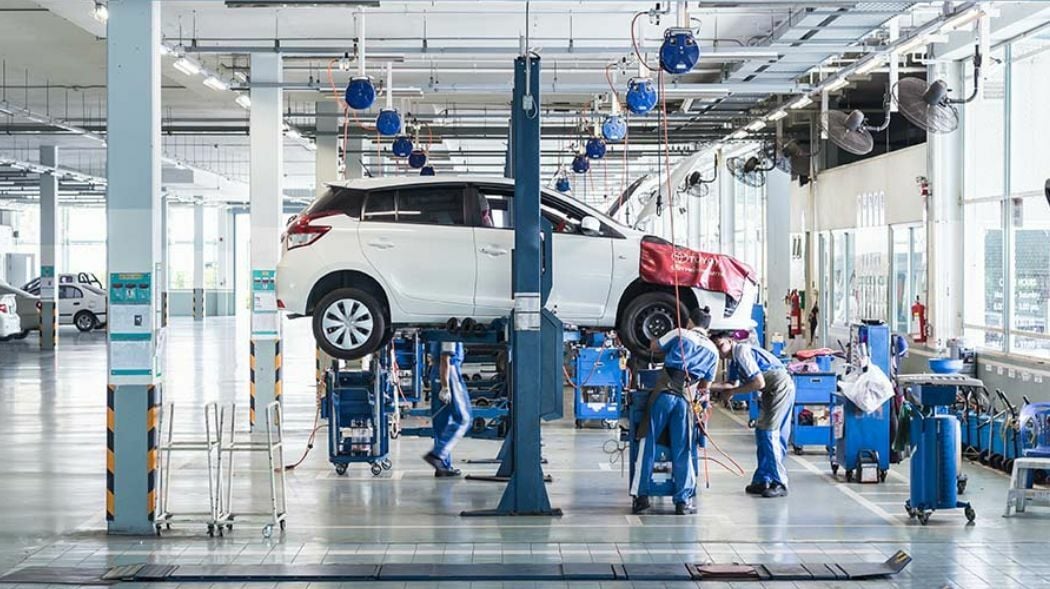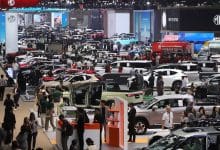Thai car production drops 11.02% in April amid long holidays

Car production in Thailand experienced a significant decline of 11.02% in April from the previous year, with total units produced amounting to 104,667, according to the Federation of Thai Industries (FTI).
This decrease follows a more substantial drop of 23.08% year-on-year in March. The FTI attributed April’s reduced production figures to long holidays during the month.
For the January to April period, car production fell by 17.05% compared to the same timeframe last year, totalling 518,790 units. The decline in production is largely due to a decrease in pick-up truck manufacturing, driven by weaker demand resulting from tighter auto loan conditions imposed by financial institutions.
Domestic car sales also saw a notable decrease, falling 21.49% in April from a year earlier. This followed a 29.83% year-on-year drop in March, highlighting ongoing challenges in the local automotive market.
Even amid waning demand and production, Thailand remains Southeast Asia’s largest automotive production hub and serves as an export base for major global powerhouse carmakers such as Toyota and Honda.
Among the key vehicles produced in the country are pick-up trucks, which are a staple among Thailand’s working classes and have been particularly affected by the recent downturn due to the aforementioned tightening up on auto loans.
Despite these challenges, the FTI continues to remain positive, predicting an increase in car production numbers to eventually reach 1.9 million vehicles for the current year, slightly up from the 1.84 million units produced in 2023, reported Bangkok Post.
In similar news, the United States recently imposed substantial tariffs on Chinese products, focusing particularly on electric vehicles (EVs) and semiconductors. This move is expected to push China to expand its EV manufacturing within Asia, with Thailand emerging as a significant export hub, according to the Federation of Thai Industries (FTI).
President Joe Biden’s administration cited Beijing’s unfair trade practices as the reason for the tariff hike. EV tariffs will be quadrupled to 100%, solar cells and semiconductors will see tariffs doubled to 50%, and certain steel and aluminium imports from China will face a 25% tariff, more than triple the current level, according to reports.
Latest Thailand News
Follow The Thaiger on Google News:


























